Overview
The most common type of eye cancer in India is intraocular melanoma, accounting for around 60% of cases.
The age-standardized incidence rate of eye cancer in India is estimated at 0.3 cases per 100,000 people per year.
Around 88% of cases of eye cancer in India are found in adults aged 40 and above.
Eye cancer means an abnormal growth of the cells in and around the eye. It occurs when cells grow to form tumors, which means healthy cells form clusters. However, for a tumor, This treatment offers fewer adverse effects than radiation therapy or eye cancer surgery in due course of time, which may become cancerous. Tumors from cancer are called malignant, which means they can spread to other parts of the body.
Let's see it causes, symptoms, and available treatment below in the article
What are the statistics on Eye Cancer in India?
Eye cancer cases are increasing day by day in India. Dr. Suresh Advani, one of the best oncologists in India, says that nearly 10,000 new eye cancer treatments occur in India every year. Among those, nearly 70–80% of cases are for adult eye cancer, and 30-20% of cases are for children's eye cancer.
Nearly 2,000 children are treated with retinoblastoma every year in India. Every year, various international patients come to India with the help of medical tourism companies for eye cancer treatment at affordable costs. To date, reputed eye cancer doctors have treated and successfully performed orbital tumor surgeries in India for national and international patients.
Let us discuss the different types eye cancer treatments you can avail in India.
What types of treatments are available for eye cancer in India?
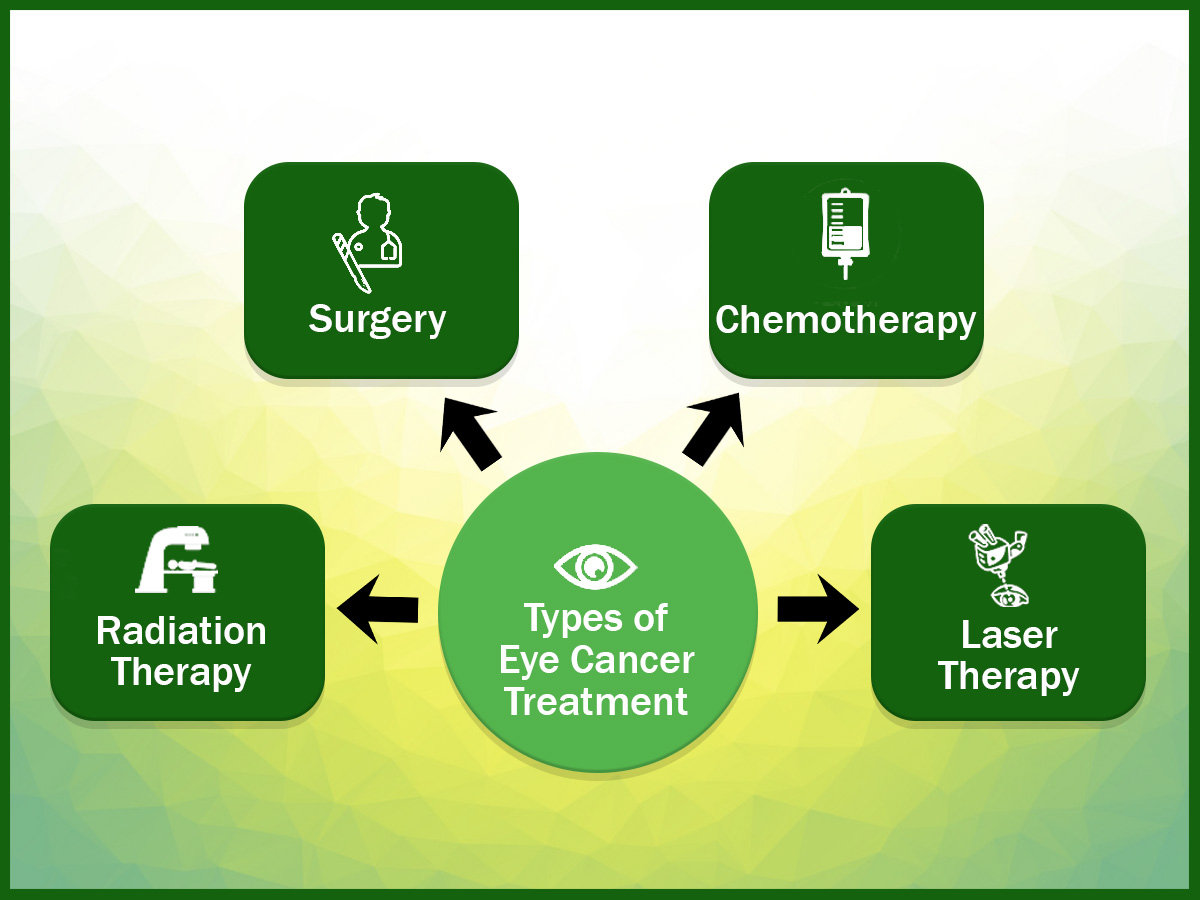
| Treatment | Things you should know |
| Surgery | |
| Laser Therapy |
|
| Radiation Therapy |
|
| Chemotherapy |
|
How much does eye cancer treatment cost in India?
India's eye cancer treatment cost is substantially lower than that other developed nations such as the UK, USA, etc. But that doesn't compromise the quality of treatment. At the best eye hospitals in India, surgeons and their experienced and skilled teams of medical professionals take utmost care. Patients can save a lot of money if they choose top eye cancer hospitals in India for their treatment.
Factors that affect the cost of eye cancer treatment in India:
- Patient's condition
- Type of treatment recommended by doctors
- Surgeon's experience
- Number of days stay in the hospital
India has many world-class hospitals offering treatment for eye cancer. Lets take a look at few of the best.
What are the best eye cancer hospitals in India?
India has many that specialize in treating eye cancer. Some of the best cancer hospitals in India for eye treatment are located in Chennai, Delhi, Bangalore and Mumbai. These hospitals have world-class reputation and are equipped with the most advanced medical technology needed to treat cancer.
Here is a list of the 5 best eye cancer hospitals in India:
- Narayana Nethralaya, Bangalore
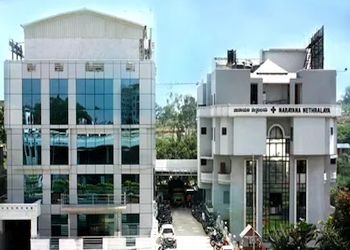
| Address: #1/1, 1st Main Road, Defence colony, 100ft Road, Indiranagar, Bangalore – 560038, Karnataka |
- It has one of India’s biggest laboratory medicines, giving services in microbiology, molecular diagnostics, immunology, biochemistry, hematology and clinical pathology.
- The hospital has highly qualified and certified eye care doctors providing world-class eye care services.
- Dr. R P Center for Ophthalmic Sciences (AIIMS), Delhi
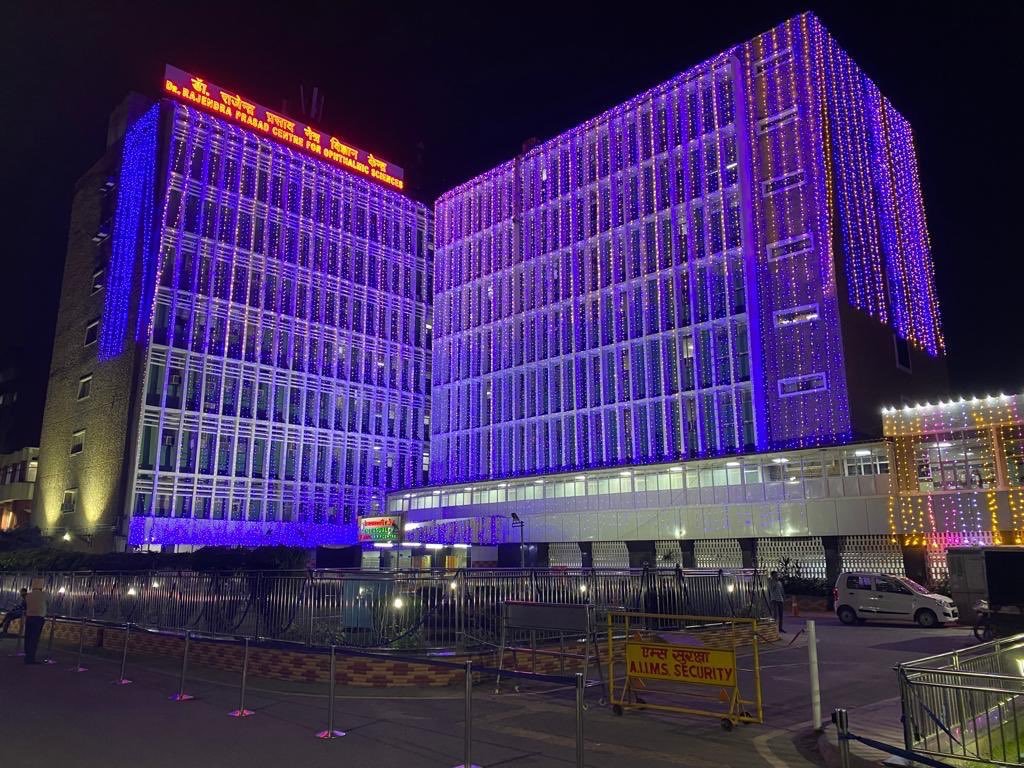
| Address: AIIMS Campus Temple, Sri Aurobindo Marg, Ansari Nagar East, New Delhi, Delhi 110029 |
- Dr. R.P. Center has emerged as an apex center offering 360 degree ophthalmic health care services.
- One of the best cancer hospitals in Delhi, the hospital has a global reputation for successfully treating many eye cancer patients.
- It has 300 beds and provides 24×7 emergency services. In addition, it has 40 cabins for out-patients.
- Sankara Nethralaya, Chennai
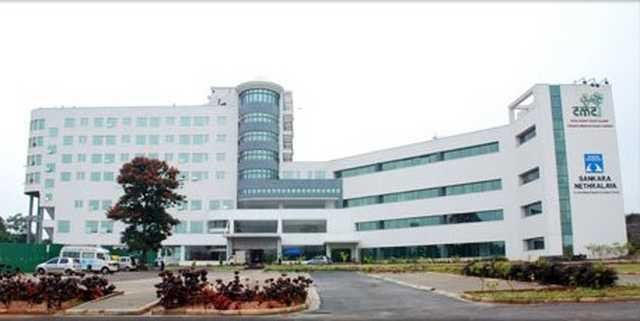
| Address: No. 41 (old 18), College Road, Chennai 600 006, Tamil Nadu |
- Sankara Nethralaya is a super specialty institution for ophthalmic care.
- It has a stellar international reputation and is acclaimed for its quality care and compassion.
- It has its services at five locations in Kolkata, Tirupati in Andhra Pradesh, Chennai and Rameshwaram.
- TATA Memorial Hospital, Mumbai
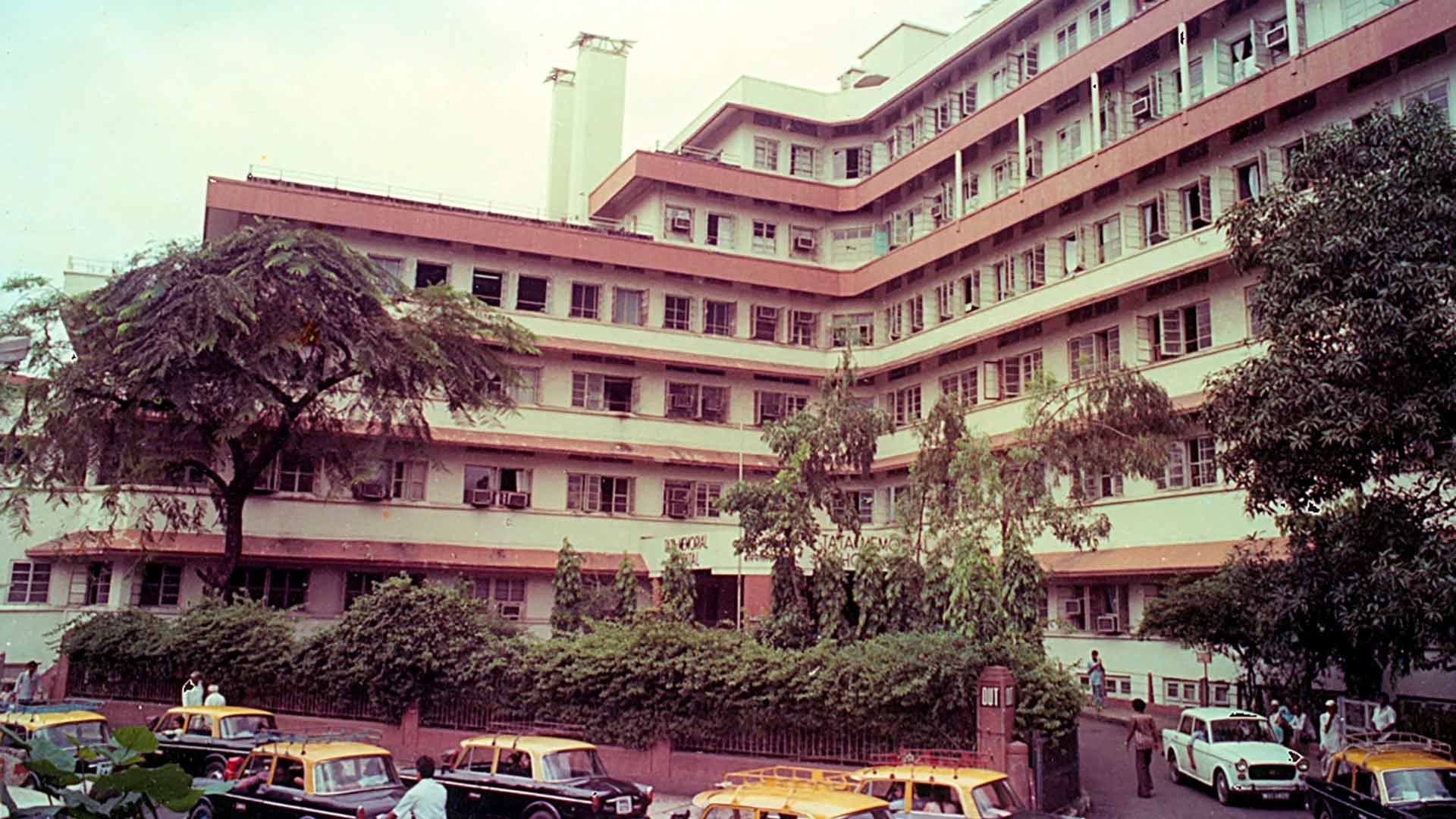
| Address: 2R3V+V5C, Parel East, Parel, Mumbai, Maharashtra 400012 |
- One of the best cancer hospital in Mumbai, 70 % of cancer treatment in India occurs at TATA Memorial Hospital.
- Nearly 60% of all cancer patients receive treatment for free or at nominal costs here.
- They have a dedicated team of eye specialists who have successfully treated eye cancer in both national and international patients.
- Aditya Jyot Eye Hospital, Mumbai
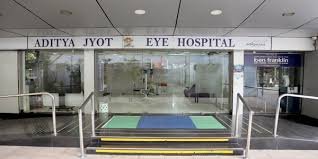
| Address: Gate No 3, Plot No 153, Road No 9, Major Parameswaran Road, opposite SIWS College, Wadala, Mumbai, Maharashtra 400031 |
- Founded in 1990, Aditya Jyot Eye Hospital is one of Maharashtra’s leading eye care facilities and is considered one of the best eye cancer hospital in India.
- The hospital is well equipped with cutting-edge facilities for both basic and advanced diagnostic tests and surgeries.
- The hospital has an impeccable reputation of ensuring quality eye care for all patients.
Click here to know more about the best cancer hospitals in India.
Cancer specialists in India is renowned worldwide for their impeccable expertise and experience. Read on to know all about them.
Who are the best ocular oncologists in India?
Indian oncologists are renowned worldwide for their skills and expertise. Those oncologists specializing in ocular oncology have a stellar reputation for successfully treating hundreds of eye cancer patients yearly. Here is a list of the 5 best eye cancer doctors in India:
- Dr. Vinod Raina, Gurgaon
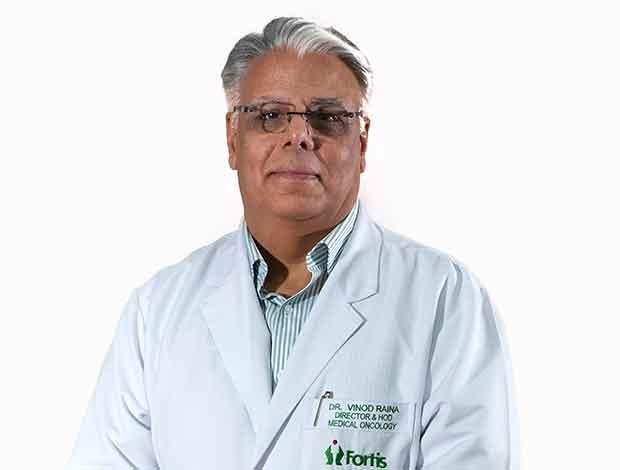
- One of India’s best medical oncologists, Dr. Vinod Raina, has a rich experience of over 37 years.
- He is famous for performing the first high-dose chemotherapy in India.
- During his career span, he has performed around 600 transplants for various forms of cancer and about 250 allotransplants.
- Dr. Suresh Advani, Mumbai
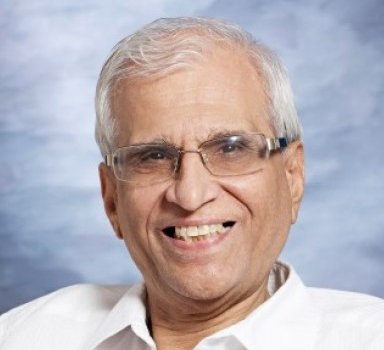
- With over four decades of experience, Dr. Suresh H. Advani is one of the celebrated oncologists in India.
- He is a recipient of India’s highest civilian awards - the Padma Bhushan Award in 2012 and Padma Shri in 2002.
- He holds expertise in Bone marrow transplant, lymphoma, Multiple myeloma, Acute Leukemia, Breast Cancer, etc.
- Dr. Rejiv Rajendranath, Chennai
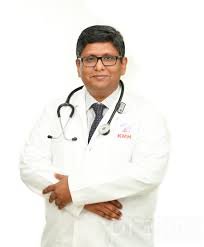
- With almost two decades of experience, Dr. Rejiv Rajendranath is an eminent medical oncologist.
- He has expertise in Hormone Therapy for Prostate Cancer, Head and Neck Surgery, Giant Cell Tumor treatment amongst many others.
- He has received many awards and recognitions for his contribution to the field of medical science.
- Dr. Vijay Agarwal, Bangalore

- A celebrated oncologist of India, Dr. Vijay Agarwal, offers treatment for all types of solid tumors with targeted therapy and chemotherapy.
- He has adopted a patient centric approach for the treatment and relies only on evidence based medicines.
- He is an active researcher on cancer and has been awarded with PhD by Hull York Medical School, UK in 2012.
- Dr. Tanveer Abdul Majeed, Mumbai
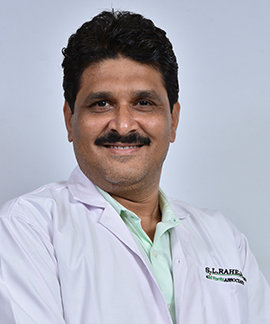
- One of India’s best surgical oncologists, Dr. Tanveer Abdul Majeed has almost three decades of experience.
- His expertise lies in gastrointestinal oncology, thoracic oncology and hepatopancreaticobiliary oncology.
- Further, he is also trained extensively and can perform operations efficiently for eye cancer, head and neck cancer, breast cancer and gynecological cancers.
Now let's discuss Eye Cancer Symptoms. Some of these factors you might not also believe!
What are the symptoms of eye cancer in India?
- People in India at the age of 50 years are often diagnosed with primary intraocular melanoma, but the average age of diagnosing the disorder is 55 years. It is very rare in children and people above the age of 70.
- It does not differentiate between men and women; it affects both of them equally.
- People suffering from the intraocular disorder have no symptoms. The most common symptom is a painless loss of vision. An ophthalmologist in India finds it out during regular eye checkups.
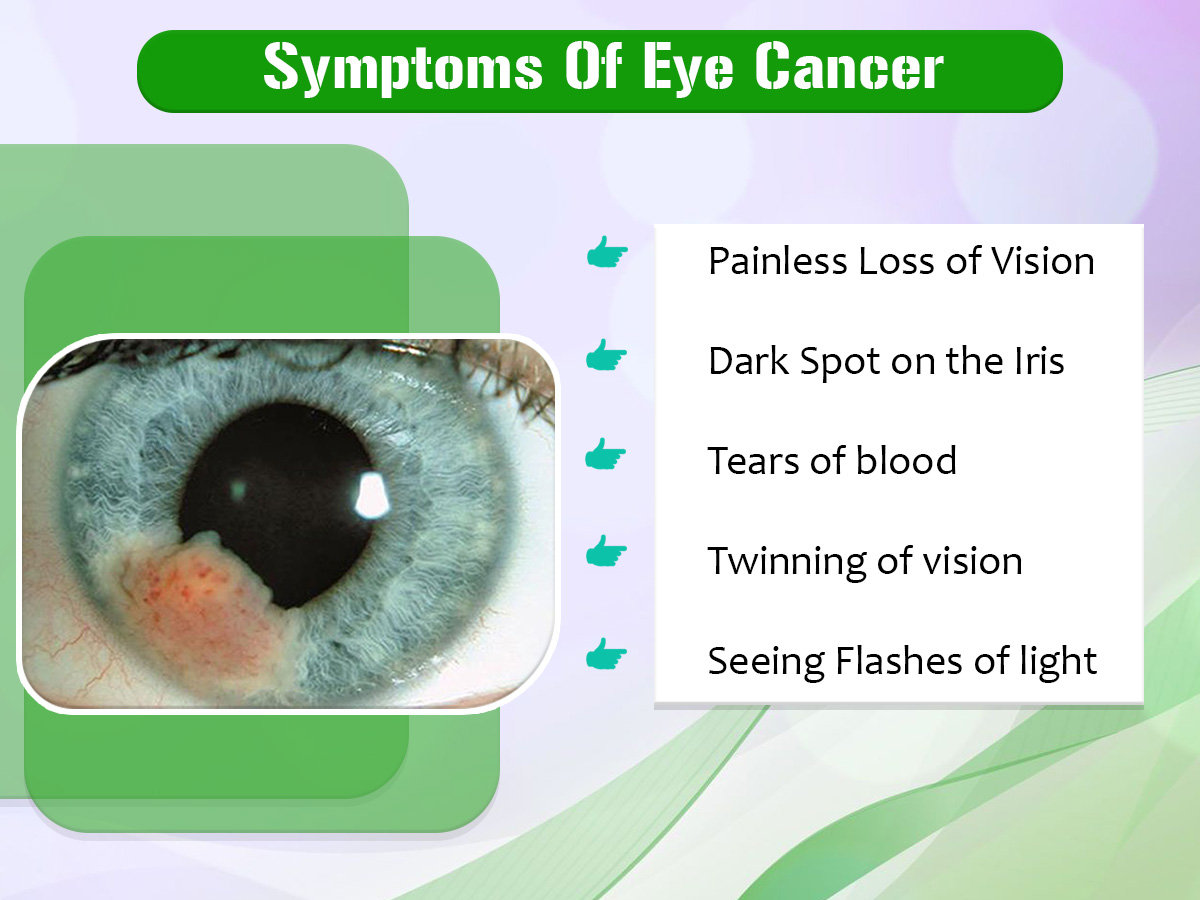
- People with eye cancer may experience the following symptoms or signs. But many times, people with eye cancer do not show any of these symptoms. Or, these symptoms may be caused by a medical condition that is not cancer.
- They have trouble seeing.
- Losing field vision
- Having a dark spot on the iris.
- Conjunctivitis
- Dark spots on the iris
- Tears of blood
- Twinning of vision
- The shape and size of the pupil are changed.
- At the time of their vision, light flashes in their eye
If anyone has any 6 of the following factors, make sure that you might have had eye cancer. So what should we do? Should we stay calm or panic? Below are the tips for what to do.
Besty S. Jacob, a Florida-based Optometrist at True Eye Experts has shared his observation of the side effects of cancer treatment. He says -
“Vision loss, dry eyes, cataracts or an increased risk of developing second primary cancer are the long term side effects of the eye cancer treatment.”
What should you do if you are having symptoms of eye cancer?
- After taking some medical tests to diagnose cancer, many doctors, after diagnosis, have spread to other parts of the body called metastasis. Some tests may also determine which treatments may be the most effective. For most types of cancer, a biopsy is the only way to make a definitive diagnosis of cancer. It is a common practice in India.
- Talking to the doctor if you observe more symptoms listed above is compulsory. Your doctor will ask how long and how often you've been experiencing the symptom, in addition to other questions. This is to help find out the cause of the problem.
- Doctors may also suggest another test to be sure of the diagnosis, and the doctor may consider the below factors while diagnosing: -
- The medical condition of the patient and its age
- Symptoms
- Result of previous tests
As we all know, "Prevention is better than cure." So, now the most important question arises-
What are the preventive measures for eye cancer?
Below is the list of preventive techniques for eye cancer:
When you notice any of the above-mentioned symptoms, you must immediately look for the best eye treatment center near you. If you are from Hyderabad you can look for some of the best Ophthalmology (Eye Doctor)s in Hyderabad.
- Wearing Sunglasses: If one wears polaroid sunglasses, the chances of eye cancer reduce to 50%. If sunglasses are wrapped around, it is the best protection for the eyes. In addition, wearing sunglasses reduces eye melanoma.
- Avoid AIDS: There is no proper prevention of lymphocytes. If one can avoid deadly diseases, AIDS lymphocytes can be prevented.
FAQs
1. What are the adverse effects of chemotherapy for the treatment of eye cancer?
Some side effects of chemotherapy used in the treatment of eye cancer, including:
- Sores in the mouth
- Loss of Hair
- a stomachache
- Constipation is a common complaint among people.
- Fatigue is a common ailment.
- Vulnerability to bruise easily
- Appetite loss is a common symptom of depression.
2. What happens if the eye cancer therapy doesn't work?
Treatment for eye cancer is not always successful since cancer cannot always be cured. The technique is difficult and time-consuming. Eye oncologists must have an open and honest discussion with their patients regarding their condition and their prospects of living a healthy life. Treatment for ocular cancer necessitates a great deal of patience as well as adequate hospital care.
3. What is cancer of the eyelids?
Eyelid cancer can develop on the outside or inside of your eyelid. The most frequent kind of eyelid cancer in India is sebaceous gland carcinoma.
4. Is it possible to avoid eye cancer?
Although eye cancer cannot be prevented, it can be treated successfully if identified and diagnosed early enough.
5. Is it possible to go blind from eye cancer?
If small eye melanomas develop in key areas of the eye, they can cause vision loss. For example, you may be having trouble seeing in the center of your vision or on the sides. In addition, eye melanomas that have progressed to the point of total vision loss are possible.
6. What are the types of eye cancer?
There are mainly two types of eye cancer:
- Primary intraocular cancers: This type of cancer occurs inside the eyeball. In adults, the most common type of intraocular cancer is melanoma, which is followed by intraocular lymphoma. Retinoblastoma is the most common type of eye cancer in children. Medulloepithelioma also occurs in children, but this is an infrequent cause of eye cancer.
- Secondary intraocular cancers:- It first occurs in some other body parts and then spreads to the eye. Cancer that spreads to the eye is generally lung cancer and breast cancer. Most of these cancers are called uvea.
Let us read in detail about Intraocular melanoma and Medulloepithelioma.
Intraocular melanoma (melanoma of the eye)
Intraocular melanoma mostly occurs in eyeballs, but it is a rare type of cancer. It generally occurs in the middle of three layers of the walls of the eyes. The eye's outer layer is called the sclera, and the inner layer is called the retina, which contains optical nerves.
In the middle layer of the eyewall, intraocular melanoma occurs, which is also known as the Uvea. Various risk factors lead to Intraocular melanoma.
Below is the list of risk factors that leads to intraocular melanoma.
Following is the list of risk factors related to intraocular melanoma:
- Having fair complexion: Being fair means skin that does not contain melanin. It includes skin that burns and forms freckles. In addition, the person might have blue or green colored eyes.
- Age: Age becomes a deciding factor for intraocular melanoma. The risk of eye cancer increases with age.
Primary intraocular lymphoma
A lymphocyte is a type of cancer that occurs in lymph nodes. It is a bean-sized cluster present in an immune system, which is scattered throughout our body. It generally occurs in the bone, breast, and lung and very rarely in the eyes. There are two types of lymphomas.
Following are the two types of lymphomas:
- Hodgkin Cancer: The person having Hodgkin's disease is elder and has immunity problems such as HIV-AIDS.
- Non-Hodgkin Cancer: Cancer: The person affected with this disease has lymphocytes in the brain, known as CNS lymphocytes.






